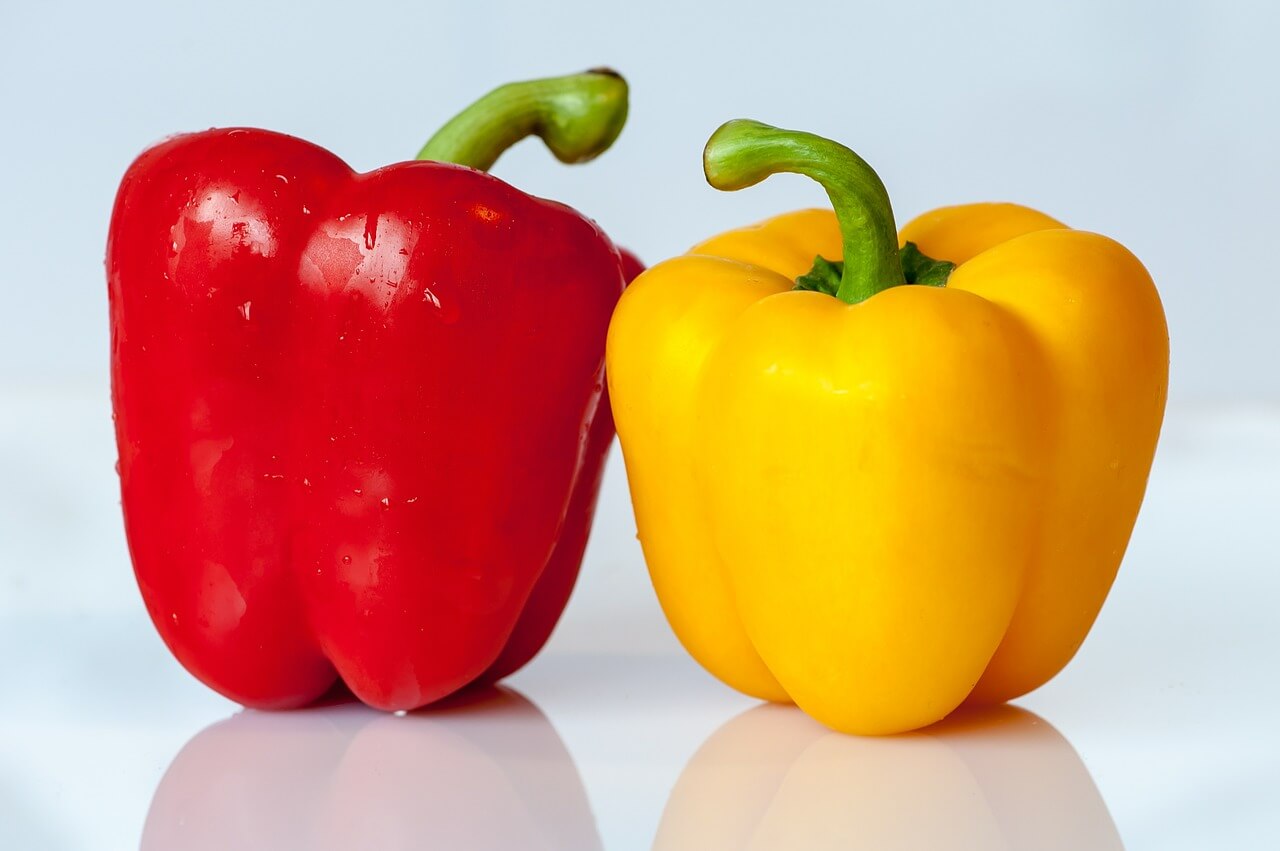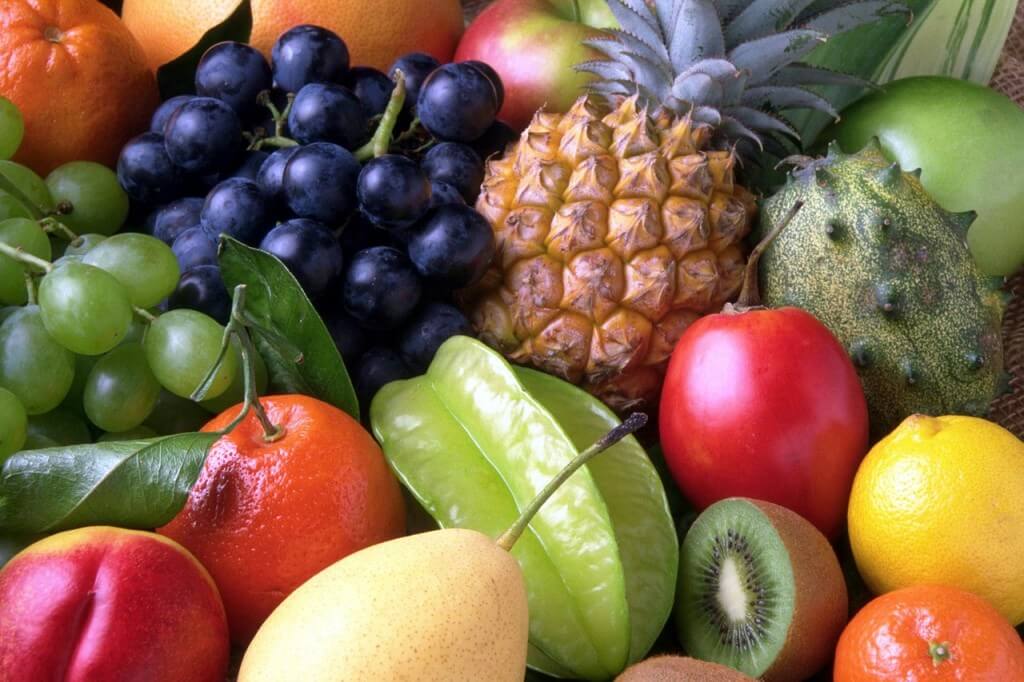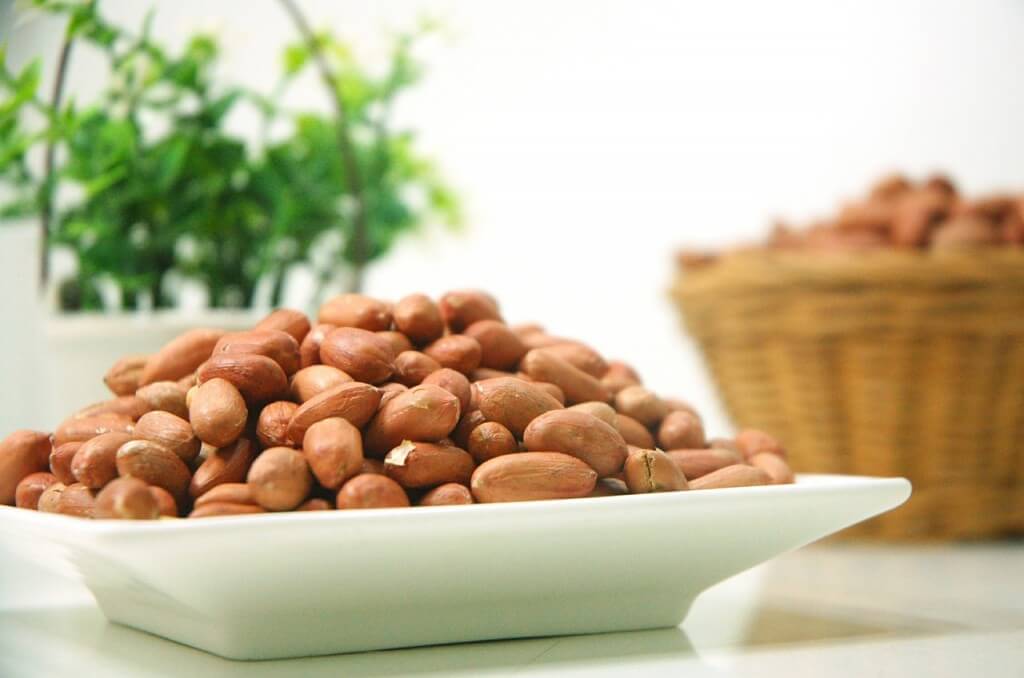Introduction
When you eat healthy foods, you feel fuller longer. Some foods naturally deliver a smaller calorie investment while giving your stomach a full feeling. You feel full, so you eat less, your calorie count goes down, and you feel great.
When you eat foods that provide little nutritional value with their calories, your mind tells you to eat more. It says, “Hey, we need nutrients, minerals, and vitamins!” So you reach for more of the unhealthy food that is sitting in front of you. You eventually become full but take in way more calories, fat and processed nasties than your body needs.
The result? You pack on the weight and fat, your heart, circulatory system and entire body suffers, and you find yourself hungry again relatively quickly. Eat the following.
1 – Beans and Legumes
“Beans, beans, the magical fruit; the more you eat, the more you toot!” That children's rhyme refers to the flatulence-causing property of most beans. Yes, they can give you gas, no doubt about it. But on the positive side, they are high in protein and dietary fiber.
They can also fit into just about any budget and meal plan since they are inexpensive and versatile. Beans are also a heart healthy food.
2 – Fresh Fruits
Fresh fruits deliver fewer calories per gram, much fewer on a comparative basis. So you can eat several servings of superfood fruits blueberries
- apples
- bananas
- blackberries
- cantaloupes
- citrus fruits, grapes
- pomegranates
- plums
all without paying much of a calorie penalty.
You double your fat-burning when you replace foods like potato chips, chocolate bars and candy snacks with healthy fresh fruits.
3 – Soups
Make sure you avoid store-bought soups unless you are going to do some intelligent nutritional label research. A single can of soup that you buy at your favorite grocery store often delivers several times your daily-recommended of salt.
Homemade soups give you total control over their contents. It is fairly easy to make a large batch of soup, and then portion off individual serving sizes that you can keep in your refrigerator and freezer for easy access. Soup is also easy on the budget, and because of its liquid base, it makes you feel full. At the same time delivering a limited number of calories and loads of vitamins and minerals.
4 – Fermented Foods
Do you like crunching down on a crisp, tart pickle? That's great because fermented foods send a signal to your brain that starts a production of hormones that makes you feel full. This is true because of the short-chain fatty acids (SCFAs) in foods that have been fermented, like kimchi, sauerkraut, and pickles.
A side benefit is the healthy probiotics found in most fermented foods. Probiotics are healthy bacteria that promote proper digestion. They actually live in your gut! Some health experts and physicians also believe that probiotics reduce your appetite. So enjoy some sauerkraut or pickles. You will not only find yourself eating less, but your digestive system receives benefits as well.
5 – Nuts and Nut Butters
Nuts are packed full of healthy unsaturated fats. A healthy body needs fat, and the fats in nuts are just what you are looking for. On a per calorie basis, nuts and nut butter are rich in fiber and protein. What are the 2 leading natural components that make you feel fuller longer? You guessed it, fiber and protein.
Just don't eat too many nuts or too much nut butters at one sitting. Those healthy fats are high quantity in nuts, and should not be over-consumed. So reach for a handful of almonds or walnuts the next time you are stuck between meals and craving something to eat. The heart healthy nature of nuts is just a wonderful side benefit of this versatile and tasty raw food.
6 – Broccoli and Brussels Sprouts
Repeat after me, “cruciferous vegetables”. Vegetables like brussels sprouts, broccoli and cauliflower belong to the cruciferous family. Cabbage, bok choy, kale, collard greens and horseradish are also a part of this healthy vegetable subdivision. They deliver high levels of healthy dietary fiber.
As with other filling foods on this list, they are inexpensive and versatile. The antioxidants and cancer-fighting ingredients in cruciferous foods are also worthy of note. Another reason you need to be getting more of these healthy whole foods into your diet.
7 – Raspberries, Blueberries, Blackberries and Other Berries
Most berries are high in wonderful antioxidants that fight dangerous free radicals in your body. They are also heart healthy and deliver high levels of phytonutrients, minerals and vitamins that promote body health, inside and out. Your immunity system receives a huge boost when you eat berries regularly. This means that your natural defense system is much better prepared to ward off infections, disease, and sickness.
It also means that you recover from injuries and sickness fast. Berries contribute a few calories considering the amount of filling fiber they deliver. Just 1 cup of raspberries offers a full 8 g of fiber. (The average adult needs between 25 and 30 g of dietary fiber each day from food items, not supplements.)
Protein is the most satisfying type of food. More than carbohydrates and fats, protein satisfies your hunger more effectively than any other type of food. And guess what? Researchers are not even quite sure why protein acts like a stop sign, signaling your mind to stop eating. But it does. So make sure that you are getting the recommended 0.36 grams of protein per pound of body weight (about 0.8 grams of protein per kilogram) every day.
And don't forget filling, healthy, digestive track regulating fiber. The “modern-day” diet is lacking in dietary fiber. Foods like the brans, grains and oats listed above do a great job of delivering protein and dietary fiber. And limiting the number of carbohydrates and calories you consume.
To summarize, for a solution to feeling full eat foods high in fiber and/or protein. They have high satiety index scores, which is a fancy way of saying they are healthy foods that make you feel fuller longer.




